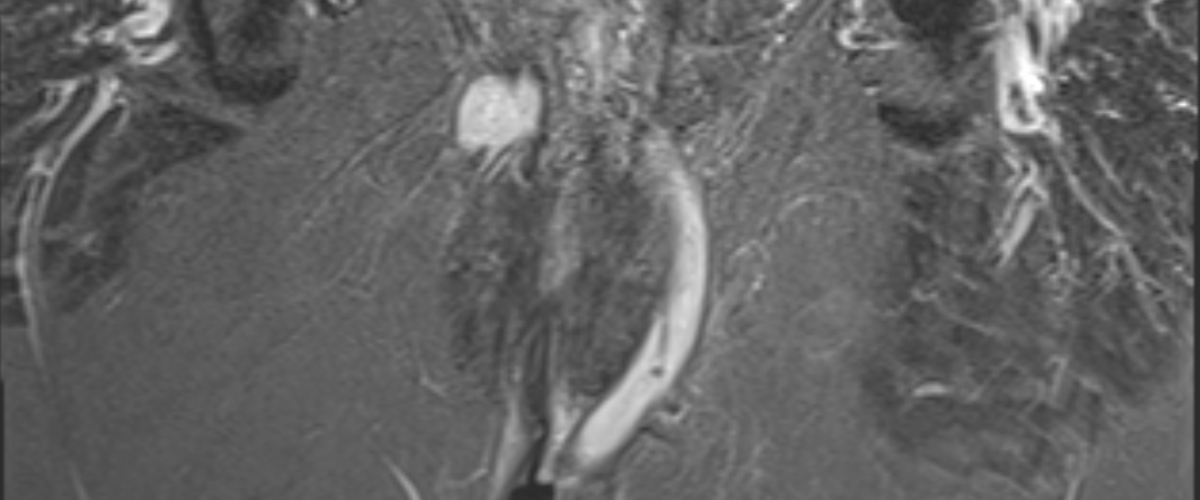
Affecting up to 30-40% of patients, they are associated with pain, leakage, and repeated interventions, often persisting for years despite intensive medical and surgical treatment. For patients, this means a profound impact on quality of life and daily functioning. For clinicians and researchers, it remains an area of urgent unmet need — where innovation in therapies, imaging, and outcome measures is essential to move care forward.
Achieving fistula closure while preserving continence remains difficult.
Even after surgical intervention or biologic therapy, recurrence rates remain high.
Many patients undergo multiple procedures and years of follow-up.
Anxiety, depression, and social withdrawal are common but under-recognised.
Chronic management contributes to significant system-level burden.
Patient insights highlight the hidden toll of fistulas:
These lived experiences emphasise the need for patient-centred outcomes and more sensitive measures of treatment success.
Together, these approaches aim to standardise assessment, improve clinical trial design, and accelerate the development of new therapies.
Get in touch to: